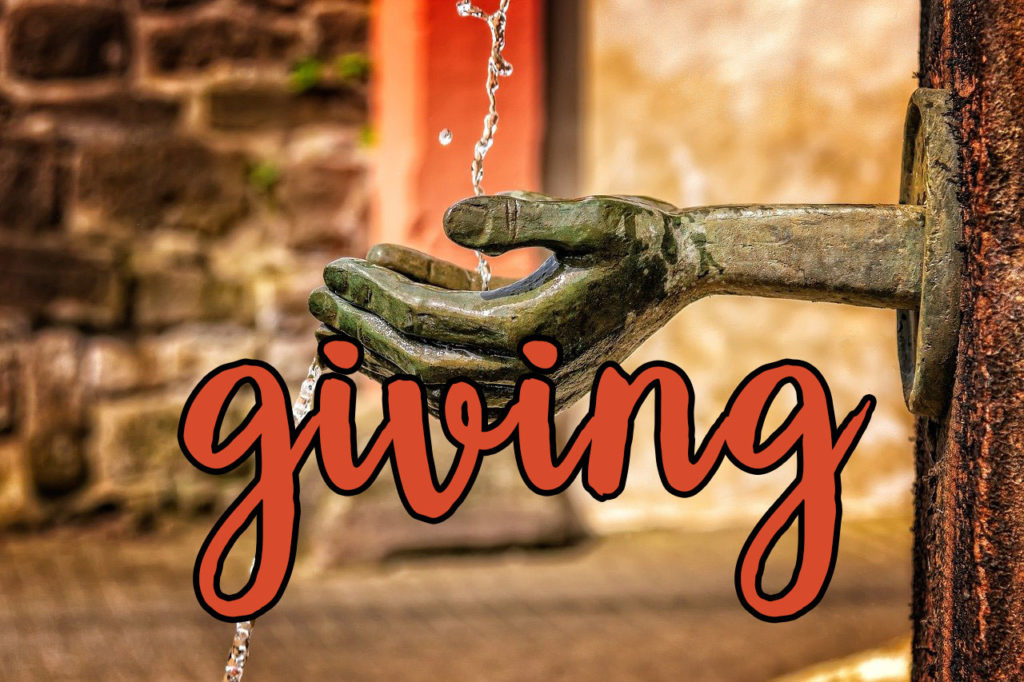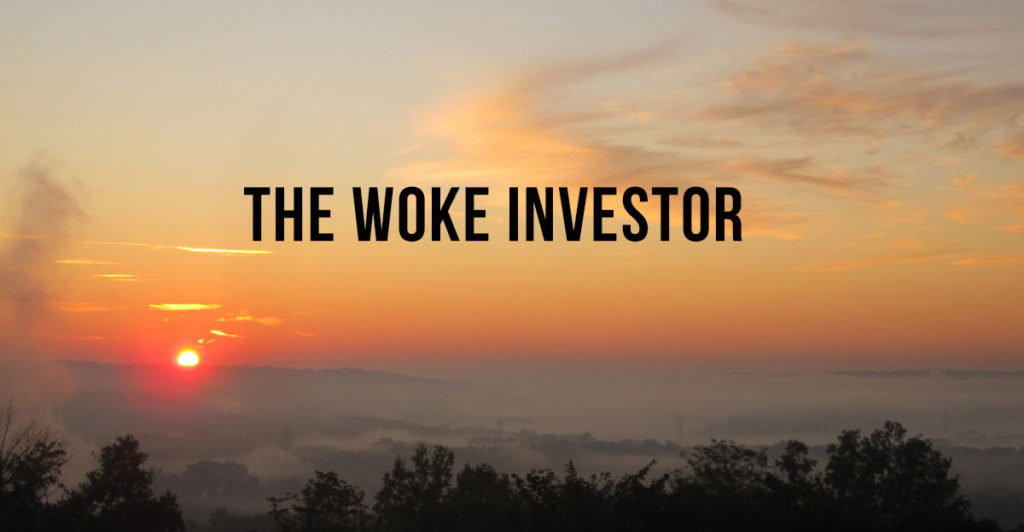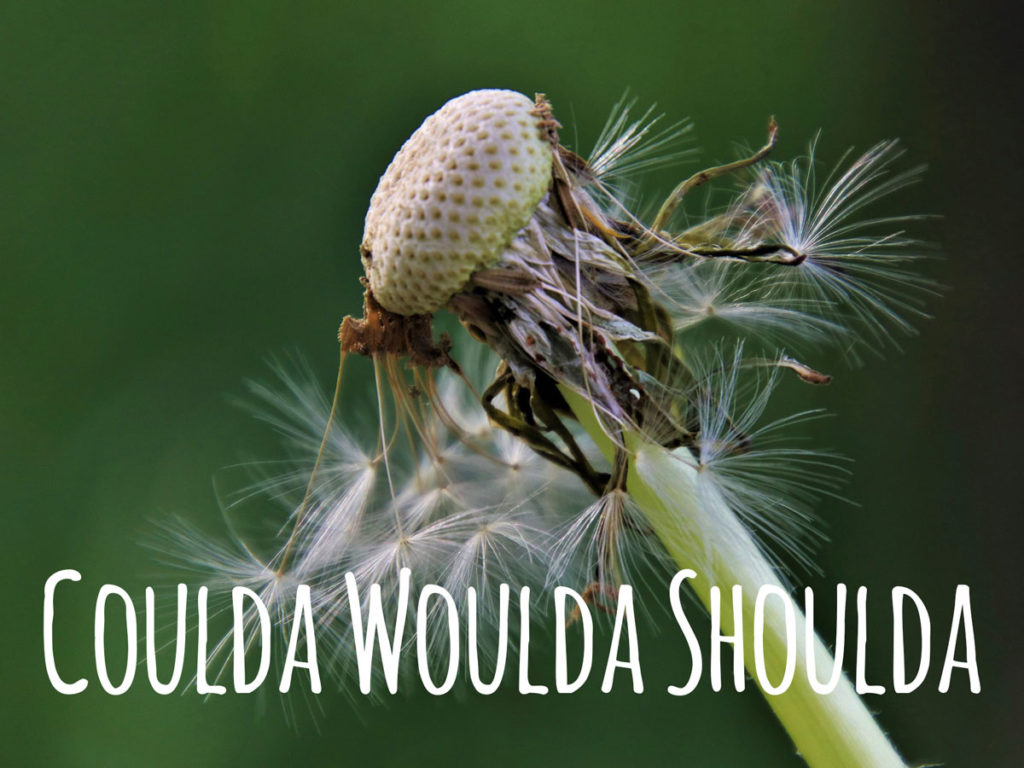An elderly gentleman friend of mine is a faithful churchgoer. I happened to run into him recently (not literally of course, we were both out walking and wearing our face masks). He mentioned that he was feeling a bit guilty because he was not placing an offering in the basket at church each week. In fact, he hadn’t attended church since before Easter due to the coronavirus pandemic.
I mentioned that his church may have an online platform to receive donations. He replied that he not only didn’t know whether it did — he didn’t even know whether his church had a website! “Let’s see,” I said, taking my cellphone from my pocket. His church did have a website, and did take donations online.

“Oh my,” he continued. “I’ll have to have my grandson come over and help me make my usual donation. I might not be going to church, but the work of the church continues even with this virus. In fact, they may need my stewardship now more than ever!”
We parted ways, but it left me thinking. What about our church families who may have lost their jobs, or have had extra medical expenses? Who is helping them? How many individuals and families quit giving because they quit going? Who is making the excuse that giving online is too difficult or not safe?
What I found was heartening. It says a lot about Americans that, according to a study by Fidelity Charitable, most donors are maintaining — or even increasing — charitable giving during Covid.
According to the survey:
- Volunteer hours decreased as people were urged to to stay home.
- Most donors are worried about nonprofits’ ability to operate during these times.
- Donors are likely to continue giving, especially to the same organizations.
The same study mentions that Donor-Advised Fund donors are taking COVID-19 into account in their giving, and most are staying the course and trusting their fund managers to make good choices during this pandemic period.
We find that people long for ways to connect with others during the pandemic. It’s a human motivation that is serving our national interests while making us feel better about ourselves. God “is the same yesterday, today, and tomorrow” [Heb 13:8] and His work is never-ending. And it seems that both donors and DAF managers are walking in His footsteps.

